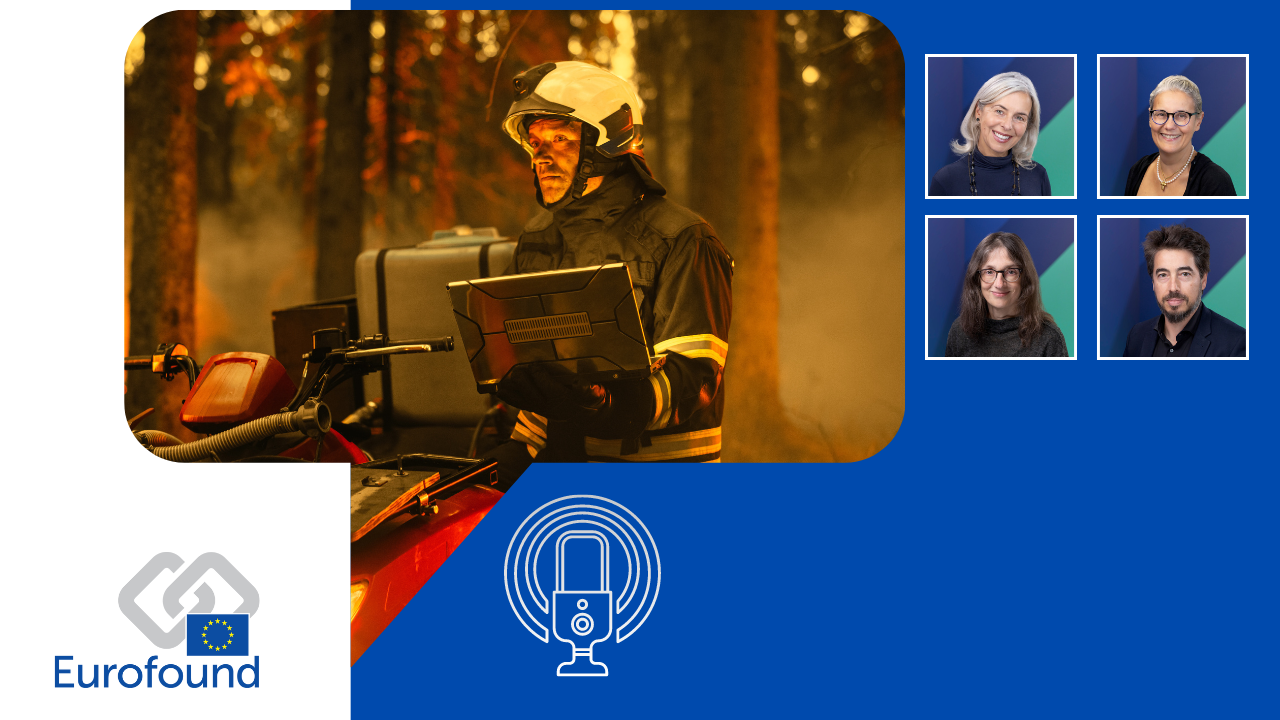Eurofound continues to monitor developments in working conditions, with a particular focus on improvements in the job quality of older workers, the challenges associated with specific types of self-employment and the longer-term structural impact of the COVID-19 pandemic.
In 2024, fieldwork commences for the newest edition of the European Working Conditions Survey (EWCS), which includes questions on working conditions and work–life outcomes relevant to the aftermath of COVID-19. The first results are planned for the end of 2024.
Final analysis of data from the European Working Conditions Telephone Survey 2021 (EWCTS) feeds into three studies in 2024: an analysis of working conditions and work practices in the hybrid workplace; an investigation of changing working time patterns; and an examination of the job quality of older workers.
Research commences on small and medium-sized enterprises (SMEs) in Europe, examining levels of digitalisation, digital skills, innovation and training strategies. This research assesses how workers in SMEs compare to the average in terms of working conditions, job quality, digital skills and take-up of training.
Research in 2024 also aims to identify the most vulnerable group of workers by examining employment relationships that combine several unfavourable characteristics. The research investigates the job quality of workers in these employment relationships, their access to social protection and training, as well as ways to support the transition to more secure forms of employment.





























